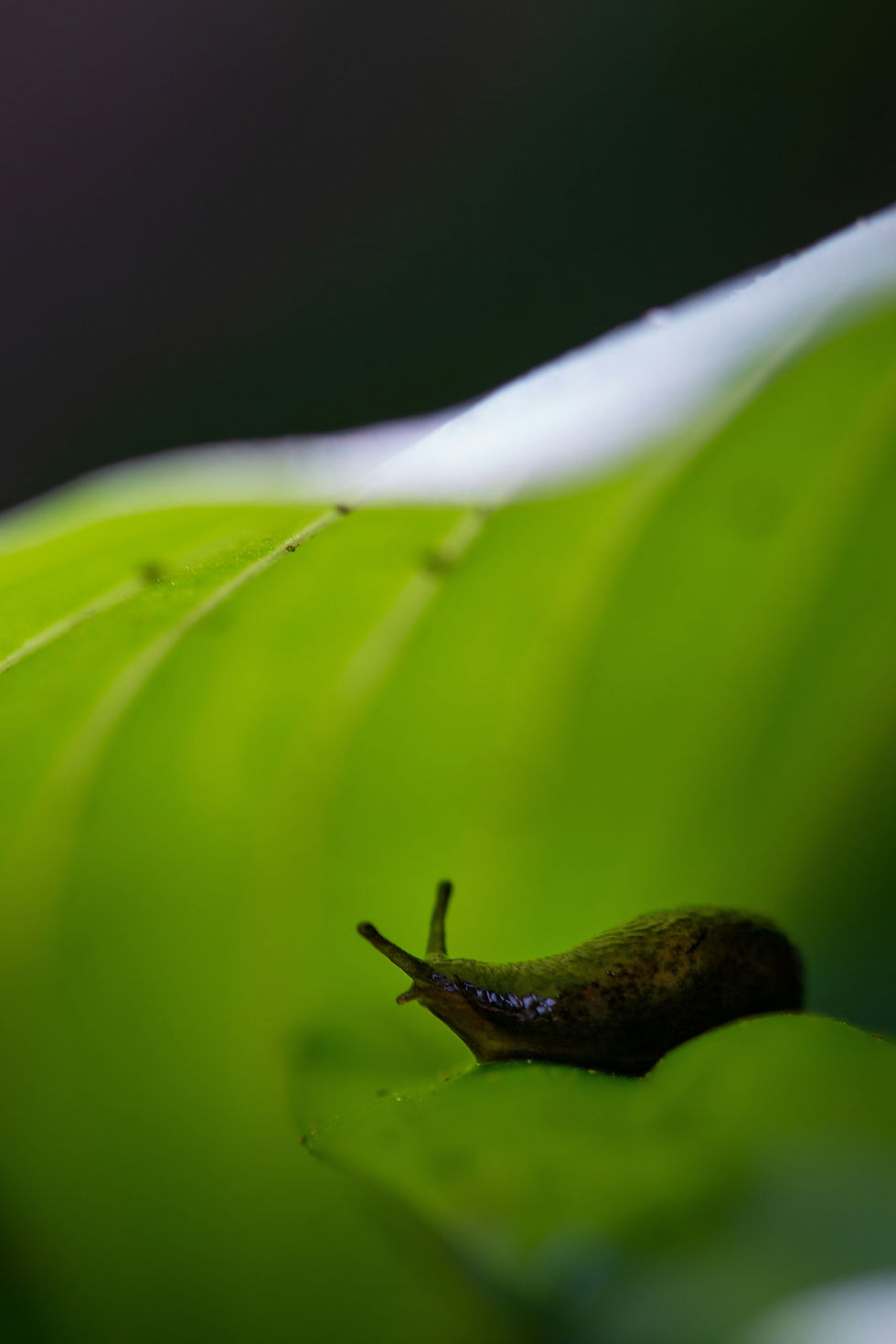How to Organically Deter Common Garden Pests
- Cathy Evans
- Apr 25, 2024
- 3 min read
Your yard and garden may be under attack from both insects and animals. Here are some tips to get rid of these pests without damaging the environment.

5 Insect-Repelling Plants
Both insect repelling and a culinary herb, Basil is easy to grow from either seed or transplants.
Insects, such as mosquitoes, ants, and flies don't like the scent of Mint plants.
Mosquitoes, moths, and flies tend to stay away from Lavender plants in general
A creeping herb with a bright citrus fragrance, Lemon Thyme releases oils that repel many kinds of insects. Use it as a groundcover and enjoy its insect-repelling properties every time you walk across it.
Lemongrass is easy to grow from seed and is considered a tender perennial. Snip a few inches off the leaf tips to release the plant's natural bug-repelling oils.

4 Deer-Resistant Shade Plants That Will Brighten Up Your Garden
Gardening where deer are plentiful can be challenging, especially in shady conditions. If you're looking for deer-resistant shade plants, here are a few with textures and tastes that these creatures tend to shy away from—although no plant can be considered completely deer resistant.
Lily of the Valley Bush (Pieris spp.) is shade-loving broadleaf evergreen with thick green foliage and drooping clusters of pink, white, or rose flowers in the spring that deer don't even nibble on.
Try deer-resistant Japanese Painted Fern (Athyrium niponicum pictum. It grows 12 to 18 inches tall with grayish-green fronds overlaid with silver and maroon highlights.
Deer tend to avoid plants with thick, shiny leaves. That's why Pachysandra makes such a great shady groundcover
There aren't a lot of shrubs that bloom in the shade, but Skimmia will reward you with fragrant white flowers in the spring, followed by clusters of red fruits on female plants in the fall.

3 Rabbit Resistant Plants
Some perennials and bulbs are more rabbit-resistant plants than others, but few are truly rabbit-proof. When rabbits are hungry enough, they’ll eat just about anything. However, these 3 flowering perennials and bulbs are lower on the menu, thanks to textures, scents, or other characteristics that bunnies find unpalatable.
From the cute 6-inch-tall rock garden types to the 6-foot-tall giants, Alliums are easy-to-grow bulbs that come in a vast variety of colors. They’re usually planted at the front of garden borders or near tender lily bulbs to act as an animal deterrent.
A nearly indestructible shade garden plant, Hellebores bloom in late winter or early spring and produce black, red, pink, white, cream, or green flowers.
Rabbits may not like Bee Balm, but hummingbirds sure do. It’s one of the best nectar plants for pollinators. This easy-growing plant produces lots of pink, red, violet, or white flowers from summer to early fall.

2 Plants that Repel Ticks and Fleas from Your Yard
Flea and tick season is inevitable. Use garden plants that repel ticks and fleas to keep blood-sucking pests far away from you and your pets. Many fragrant herbs are good options for natural tick and flea repellent. Herbal essential oils are often used in eco-friendly pest repellents.
Rosemary has a scent so strong that you can sprinkle sprigs around the garden to keep pests at bay. This herb also repels aphids, mites, and flies.
Wormwood, also known as artemisia, is a compact ornamental perennial that has dense, silver foliage. The leaves are aromatic and deter fleas and ticks from your garden. Besides being a repellent for moths, ticks, and fleas, it can be used to make tea and is the main ingredient in absinthe.
To bring out their power, you need to get rough with your insect-repelling plants, which aren't effective when they're just sitting in a pot or growing in the soil next to your patio. The leaves must be crushed to release their volatile oils, which ward off stinging and biting invaders. So crush a few leaves between your fingers as you pass by.

One Way to Get Rid of Slugs? Make Them Uncomfortable.
Slugs prefer damp places where they can slide around easily. Rake away any dead leaves near your hostas and add some rough mulch, like bark, around your plants.
Maryland is in Zones 5 – 7, with most of its land in Zones 6 & 7. The higher the zone number, the warmer the temperatures are for gardening in that area.




Comments